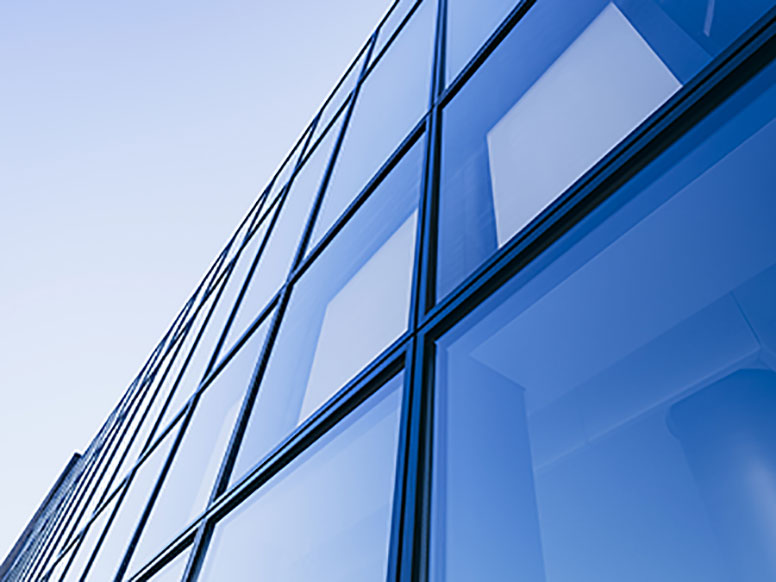All Categories
Featured
Table of Contents
5 Benefits Of Double Glazing Windows in Gosnells Western Australia
That window can send more solar heat in winter season than in summertime. A west-facing window on a summer season's afternoon has an angle of occurrence from near 0 approximately 30 with a large reliable area of solar radiation. A north-facing window, in summertime, has a high angle of incidence and a low efficient location of solar radiation, so can transmit less heat than a west-facing one.

You can quickly and quickly improve the thermal efficiency of your house by replacing your windows. There are thousands of types of glass and frames to choose from.
Double Glazing - About Windows - Window Film Excellence in Belmont Perth
Single glazing with clear glass is not very effective when it comes to heat loss or gain. To improve performance, you can utilize single glazing with a more energy-efficient type of glass such as low emissivity (low-e) glass.
Several layers can be assembled with sealed cavities between each sheet of glass. IGUs generally offer better energy efficiency than single glazing, since they send less energy. However, the energy efficiency of IGUs also depends upon: the properties of each layer of glass. Various glass types (for example, clear and low-e glass) can be put together in an IGU.
Carnegie 3163, Vic. Amazing Service By Aps Double Glazing in Ascot Western Australia

IGU cavities can be filled with air or a more inert, low-conductivity gas such as argon the width of the cavity. Cavity density is generally 6 to 18mm. Broader cavities provide lower (better) U values, with 12mm usually accepted as the preferred gap how well the cavity is sealed. Cavities need to be dry and well sealed to avoid moisture getting in.
If argon is installed to the cavity in location of air, wetness is reliably excluded the level of desiccant (drying agent). The spacer (metal or polymer strip) that separates the glass layers consists of a desiccant to take in any wetness. Insufficient desiccant may cause moisture to condense on the glass surface area in cold conditions, minimizing thermal performance.
Window Glazing For Households - Energy in Wembley Perth
IGUs can deliver much better energy efficiency for all climates, particularly in heated and air-conditioned houses. Cross-section information of single, double and triple-glazing units Low emissivity glass (typically referred to as low-e glass) reduces heat transfer. Low-e glass might be either high or low transmission: High transmission low-e glass has a finish that allows daytime from the sun to enter the house to attain good solar heat gain, but decreases the quantity of the long wavelength infrared heat that can get away back through the window.
Low-e glass has either a pyrolytic finishing or a vacuum-deposited thin film metal coating. Pyrolytic coatings are durable and can be utilized for any glazing; vacuum-deposited coverings are soft and are only used within IGUs. Low-e coverings can substantially improve both U worth and SHGC; however, they must be utilized correctly or they will either degrade or fail to perform as needed.
Enjoy Your Summer More With Double Glazed Windows in Trigg WA
Low-e coatings can be utilized in mix with clear, toned or reflective glass. Low-e finishes on glazing can lower heat transfer where required Photo: Department of Market, Science, Energy and Resources Toned glass has actually colouring ingredients included during manufacture. It is readily available in different colours, typically bronze, grey, blue and green.
Latest Posts
Secondary Glazing: A Buyers Guide in Bibra Lake WA
Double Glazing in Swan View WA
Double Glazed Windows In The Summer in Myaree Western Australia